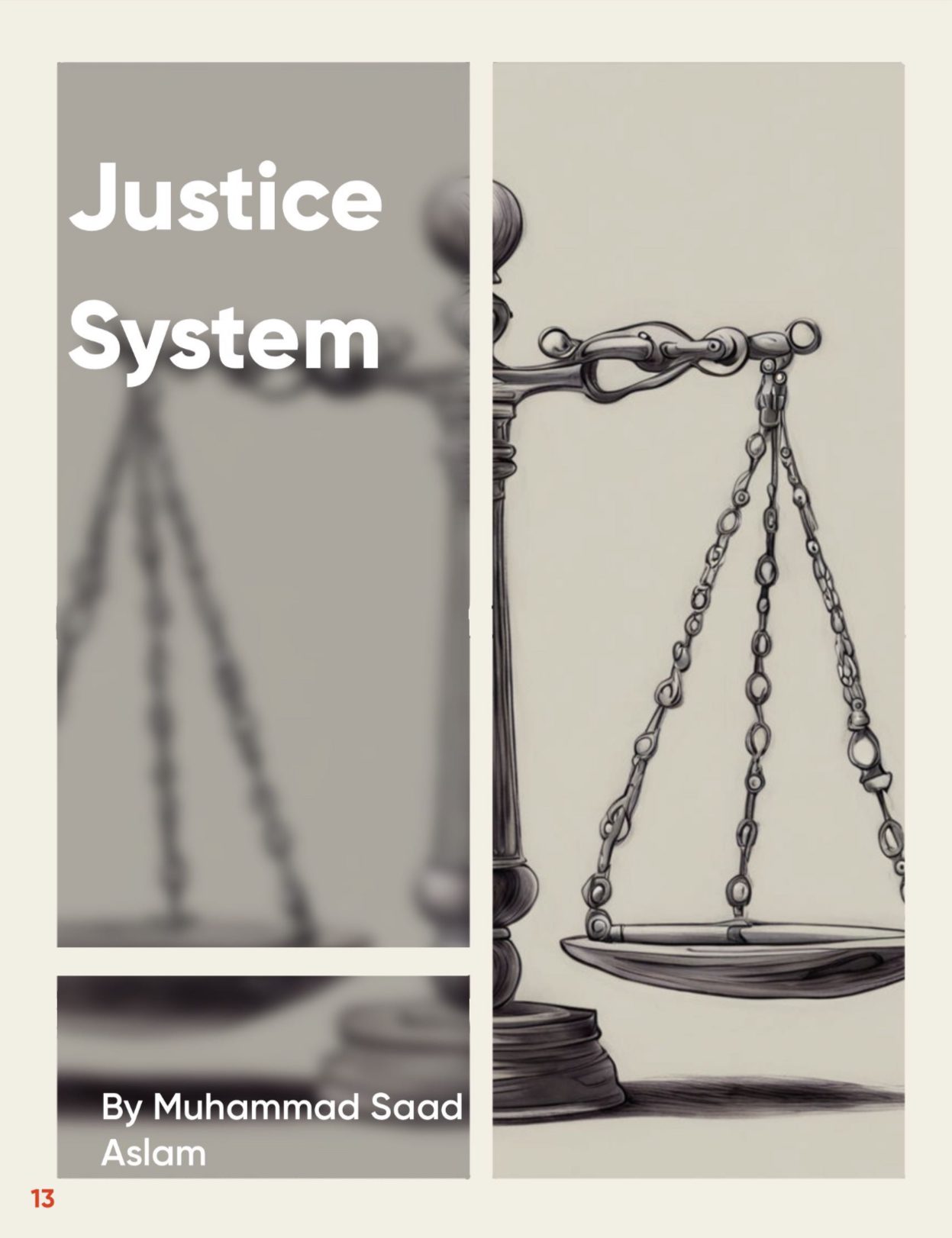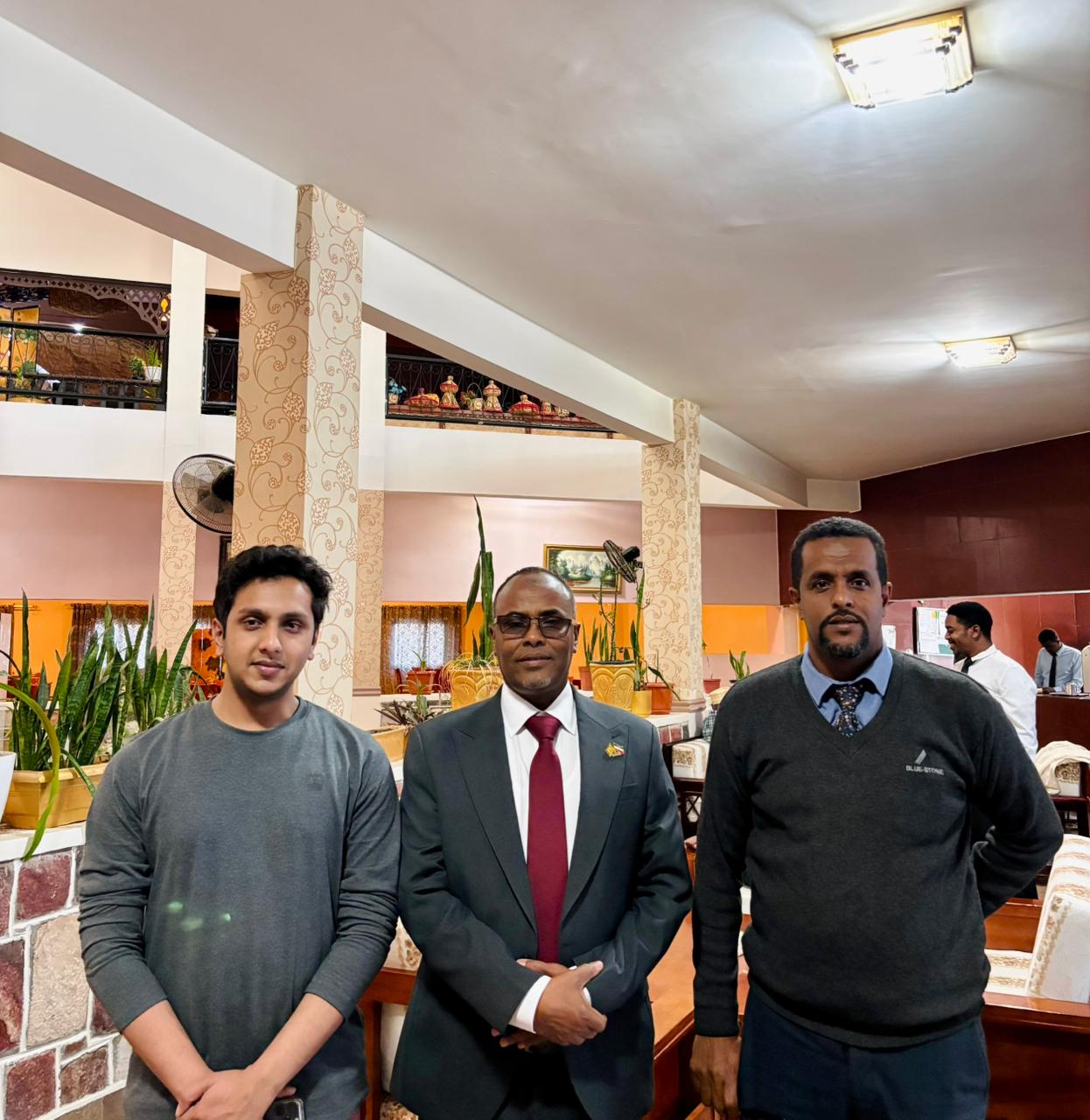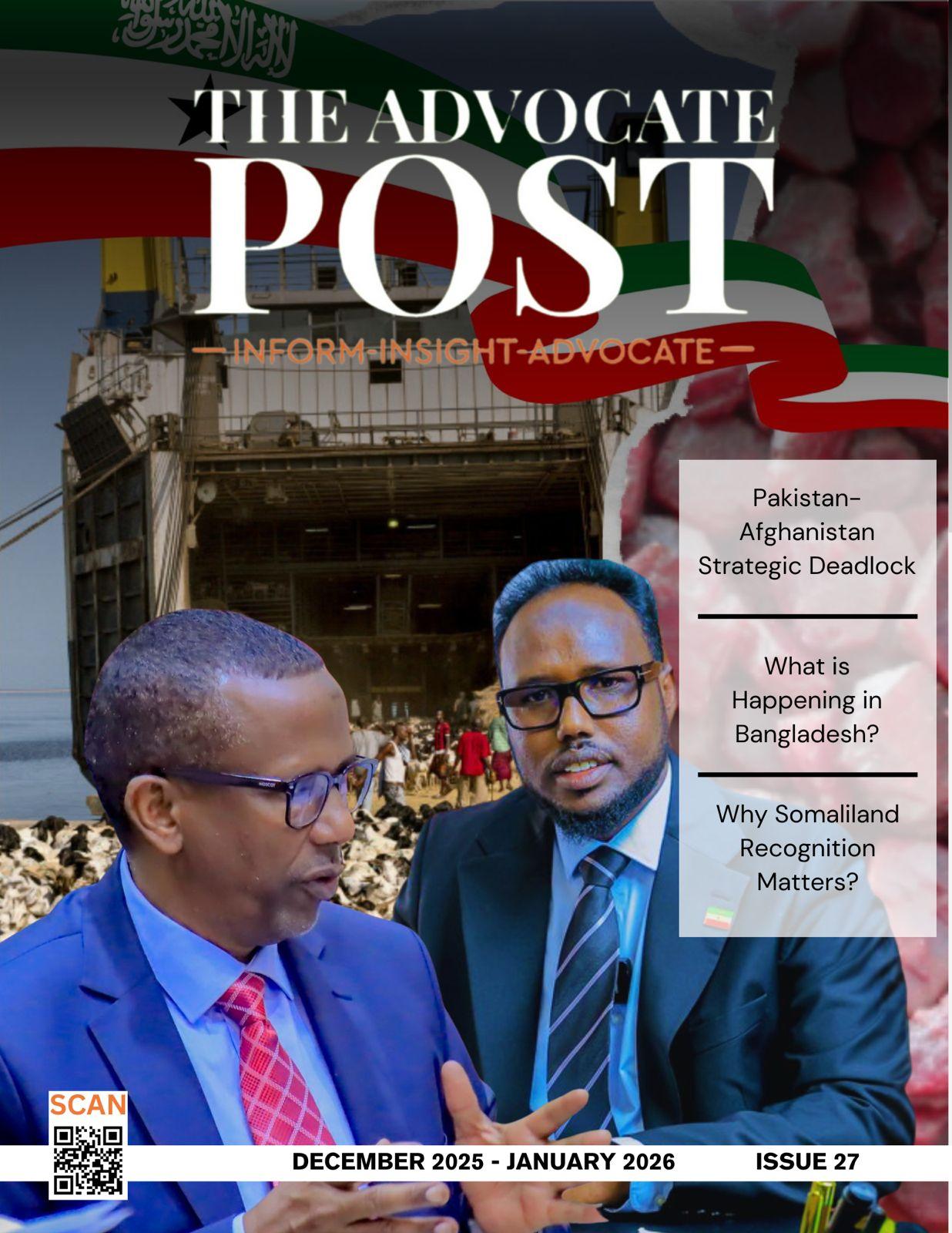By: Muhammad Saad Aslam
Justice delayed is justice denied is a very popular phrase that is used all across the globe. Due to this, the developing countries are trying their level best to ensure speedy justice so that victims get a sigh of relief the offenders and absconders get punishment and the law and order situation of the country remains peaceful. Whereas in Pakistan justice is being delayed to the extent that innocent parties nowadays do not file the case for fear that they have to waste all of their resources and still will get nothing. Due to this law and order is the worst and the judiciary is ranked 136th out of 167 in the world. We will try to find out the main loopholes in the judicial systems of Pakistan along with the remedies so that we can at least try to bring some positive change.
The first and foremost issue in delaying the judgment is the overburdening of the cases upon the judges of Pakistan due to which it is unable to manage the workload and put unnecessary delays on the cases which is one of the reasons for delayed justice.
This can be tackled by increasing the number of well-trained judges along with their supporting staff can help in managing the workload of judges and will ensure speedy justice. Also, it can be tackled by the introduction of technology as it is seen that most of the cases are being delayed sometimes due to the absence of Lawyers, witnesses, or judges so it is better to introduce remote hearings so no time delaying tactics work out and speedy justice is served.
As of now whole world is practicing Alternative Dispute Resolution (ADR) to resolve civil disputes but in Pakistan, it is not practiced due to a lack of support from the High courts and also due to the nonexistence of world-class institutes that can teach legal experts about this emerging area of law and due to which reputation of well-known companies is at stake if they come to public and that is why the public sector is not booming in Pakistan as the rights of the businessman are at stake.
As the world is advancing in the field of Information technology the institutes of Pakistan are still working on the old and traditional ways. For instance, A 9 to 5 job holder has to lodge a case he has to spare days to come to the court following a lengthy procedure.
After a couple of days he will only get his case lodged and that is why most of the cases get unreported. In contrast, if there is a digital system where a person can lodge cases from the comfort of their home this will not only help them save time but will also be cost-efficient during these economic crises. Also, there should be the introduction of an online application where the schedule of the cases for each judge should be present along with the time slot available this will also be a good move and will help in increasing the confidence of the public in the judiciary.
One of the key issues in third-world countries is corruption and every other person who has to go through this procedure always claims that the decision was made unfairly due to which the credibility of the honorable court is at stake so to overcome this corruption blame there should be an introduction of Anti-Corruption unit whose duty is to ensure that there is no exchange of gifts or money is there under the table and they should work independently without any influence this practice will ensure to achieve the fairness and this will also increase the credibility of the judicial process.
The reforms in the legal area are crucial for speedy justice and will also ensure to regain of the lost dignity of the judiciary of Pakistan. The core issues include the overburdening of the judges, Using ADR for speedy and cost-efficient justice, Replace Traditional ways with new technological ways, and last but not least forming an Anti-corruption unit to increase the credibility of the judicial system.
There is also a dire need for all the stakeholders including the Government, judiciary, all the present and former legal professionals, and civil society to cope with these issues and lay down the foundation of a transparent and fair legal system of Pakistan that is equally fair for all the genders, color and race.
Muhammad Saad Aslam. Currently a student of LLB Hons from University of London.





